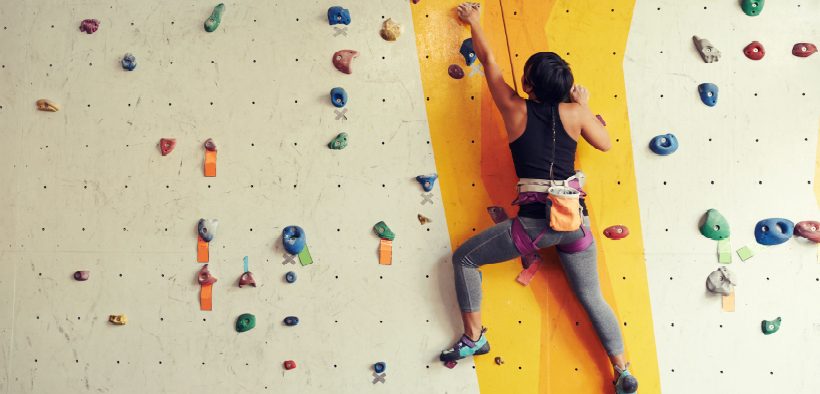The definition of self-efficacy is straightforward: “a person's perception that he or she has the skill and capability to undertake a particular task.” (p. 1918) It's important to teachers because of its “consistent” and “demonstrable” links to student learning outcomes. If students believe they can learn the content (that they're smart enough) or execute the skills, that significantly increases the chance they will accomplish the learning task.
Self-Efficacy: Its Relationship to Learning

- Tags: metacognition
Related Articles
I have two loves: teaching and learning. Although I love them for different reasons, I’ve been passionate about...
Active learning is a mostly meaningless educational buzzword. It’s a feel-good, intuitively popular term that indicates concern for...
Perhaps the earliest introduction a student has with a course is the syllabus as it’s generally the first...
Generative AI allows instructors to create interactive, self-directed review activities for their courses. The beauty of these activities...
I’ve often felt that a teacher’s life is suspended, Janus-like, between past experiences and future hopes; it’s only...
I teach first-year writing at a small liberal arts college, and on the first day of class, I...
Proponents of rubrics champion them as a means of ensuring consistency in grading, not only between students within...







